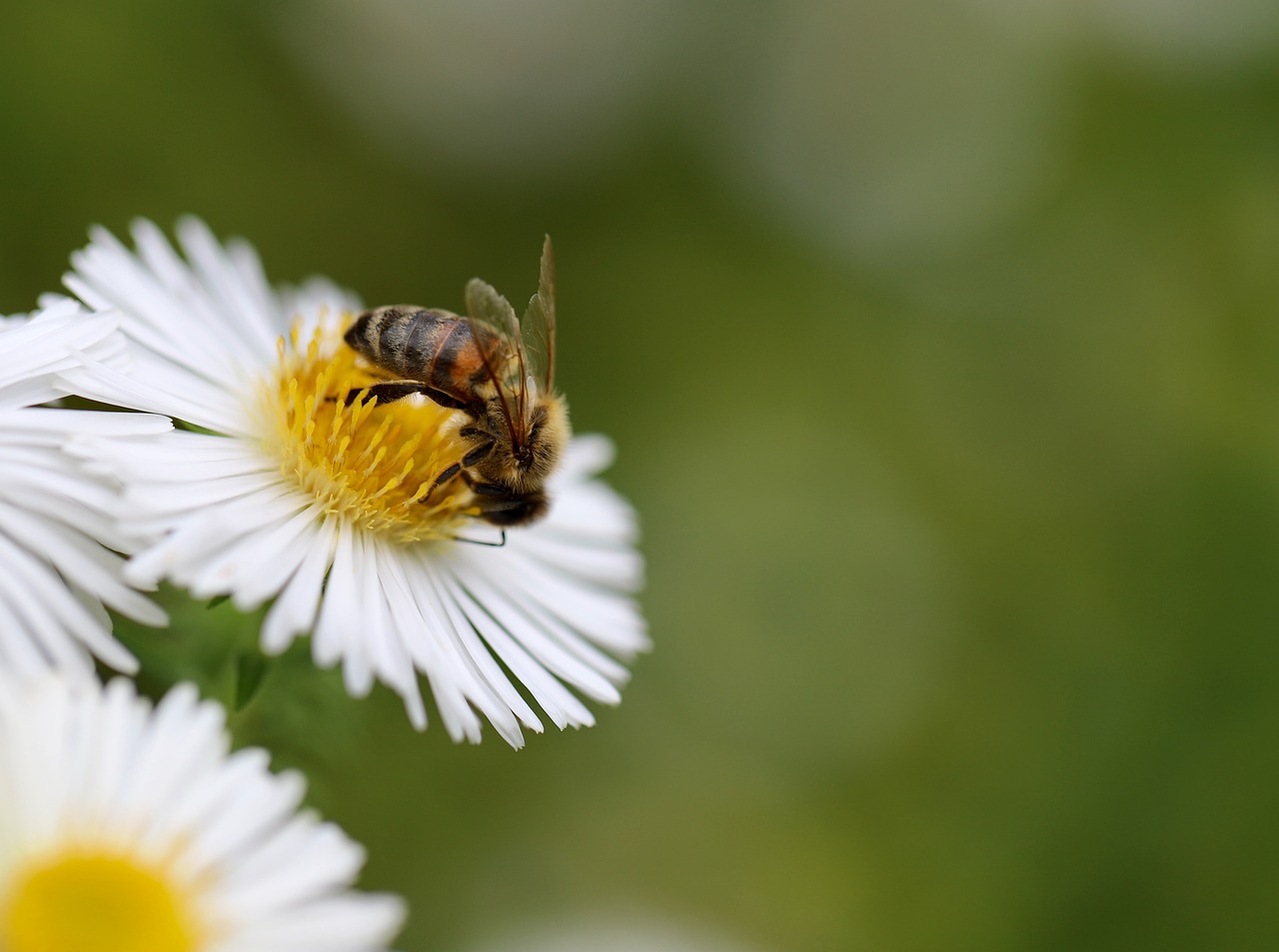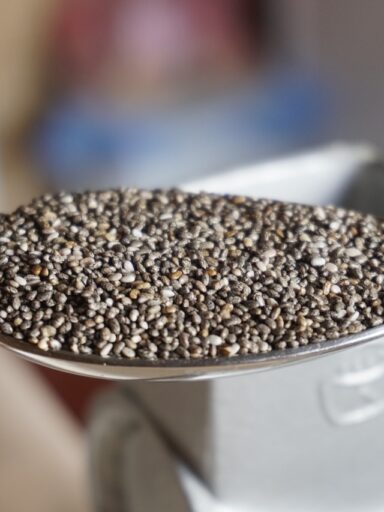Honey, often referred to as “liquid gold,” has a rich history that spans thousands of years. Known not only for its sweetness but also for its medicinal properties, honey’s socioeconomic impact is multifaceted.
Historical and Cultural Significance
Honey has been a significant part of human culture since ancient times. Its earliest known use dates back to prehistoric rock paintings in Spain, which show humans collecting honey. In ancient Egypt, honey was used not only as a sweetener but also for embalming the dead. The Greeks and Romans valued honey for its medicinal properties, and it has also played a role in various religious and cultural rituals around the world.
Agricultural Impact
1. Pollination Services: One of the most critical roles of honeybees is pollination. Honeybees contribute to the pollination of approximately 75% of the fruits, nuts, and vegetables grown in the United States. This pollination is essential for the reproduction of many crops, leading to better yields and quality. The economic value of pollination services provided by honeybees is estimated to be worth billions of dollars annually.
2. Biodiversity and Ecosystem Health: Beekeeping promotes biodiversity and the health of ecosystems. Honeybees help maintain the ecological balance by pollinating a variety of plants, which in turn support other wildlife. Sustainable beekeeping practices can also encourage the conservation of natural habitats.
3. Livelihoods and Rural Development: Beekeeping provides livelihoods for millions of people worldwide, particularly in rural areas. It requires relatively low investment and can be a significant source of income. In developing countries, beekeeping is often integrated into agricultural systems, providing a supplementary income that helps improve living standards.
Economic Contributions
1. Global Market Dynamics: The global honey market has been growing steadily, driven by increasing consumer awareness of natural and organic products. According to market reports, the global honey market was valued at approximately USD 9 billion in 2020 and is projected to reach USD 14 billion by 2026.
2. Value-Added Products: Beyond raw honey, there is a wide range of value-added products such as beeswax, royal jelly, propolis, and pollen. These products are used in various industries, including cosmetics, pharmaceuticals, and food processing. This diversification enhances the economic benefits derived from beekeeping.
3. Export and Trade: Honey is a significant export commodity for many countries. Leading producers include China, Turkey, Iran, Ukraine, and Argentina. These countries benefit from exporting honey to markets in Europe, North America, and Asia. The trade of honey supports economic growth and creates employment opportunities in exporting countries.
Health and Nutrition
1. Nutritional Benefits: Honey is a natural sweetener rich in antioxidants, vitamins, and minerals. It is also known for its antibacterial and anti-inflammatory properties. These health benefits contribute to its popularity as a functional food.
2. Traditional Medicine: In many cultures, honey is used in traditional medicine to treat various ailments, including wounds, coughs, and digestive issues. The medicinal use of honey supports the livelihoods of traditional healers and contributes to the local economy.
3. Modern Health Trends: The modern health movement, which emphasizes natural and organic products, has boosted the demand for honey. Consumers are increasingly aware of the adverse effects of refined sugars and are turning to honey as a healthier alternative.
Challenges
Honeybees face significant threats from pesticides, habitat loss, climate change, and diseases. These challenges can severely impact honey production and the livelihoods of beekeepers. Addressing these threats requires coordinated efforts at local, national, and global levels.
The socioeconomic impact of honey is vast. From its role in agriculture and the economy to its health benefits and social dimensions, honey is much more than a sweetener. By understanding and addressing the challenges faced by the honey industry, we can ensure that this “liquid gold” continues to contribute to economic development and environmental sustainability.




